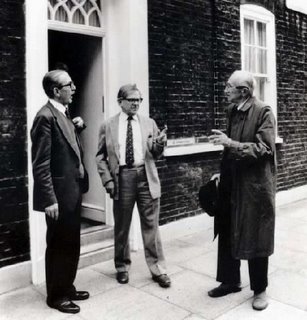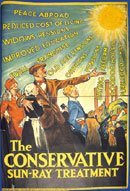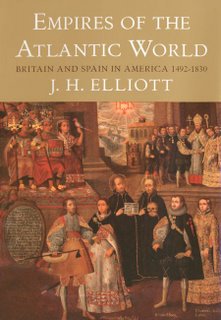Time to look at some other countries, says Tory Historian, guided as ever by recent reading. The historian in question is the late great Professor Leonard Schapiro, whose analysis of Russia and the Soviet Union have been equalled by few.Professor Schapiro’s oft reiterated argument was that free, just and democratic societies could exist only if there was a full understanding and acceptance of the rule of law within them. In particular, he was an admirer of the English common law, that had spread across the Anglospheric countries...






